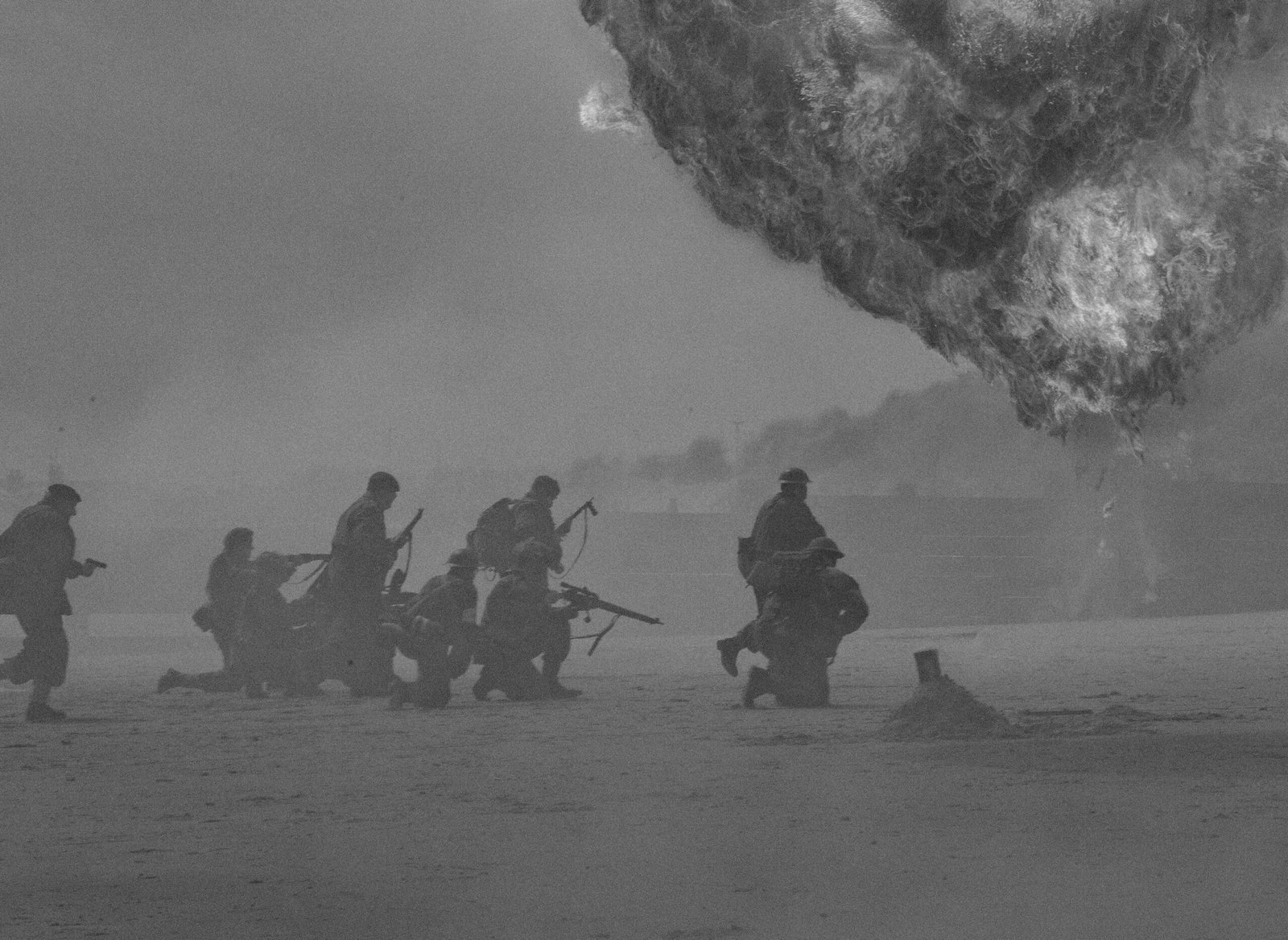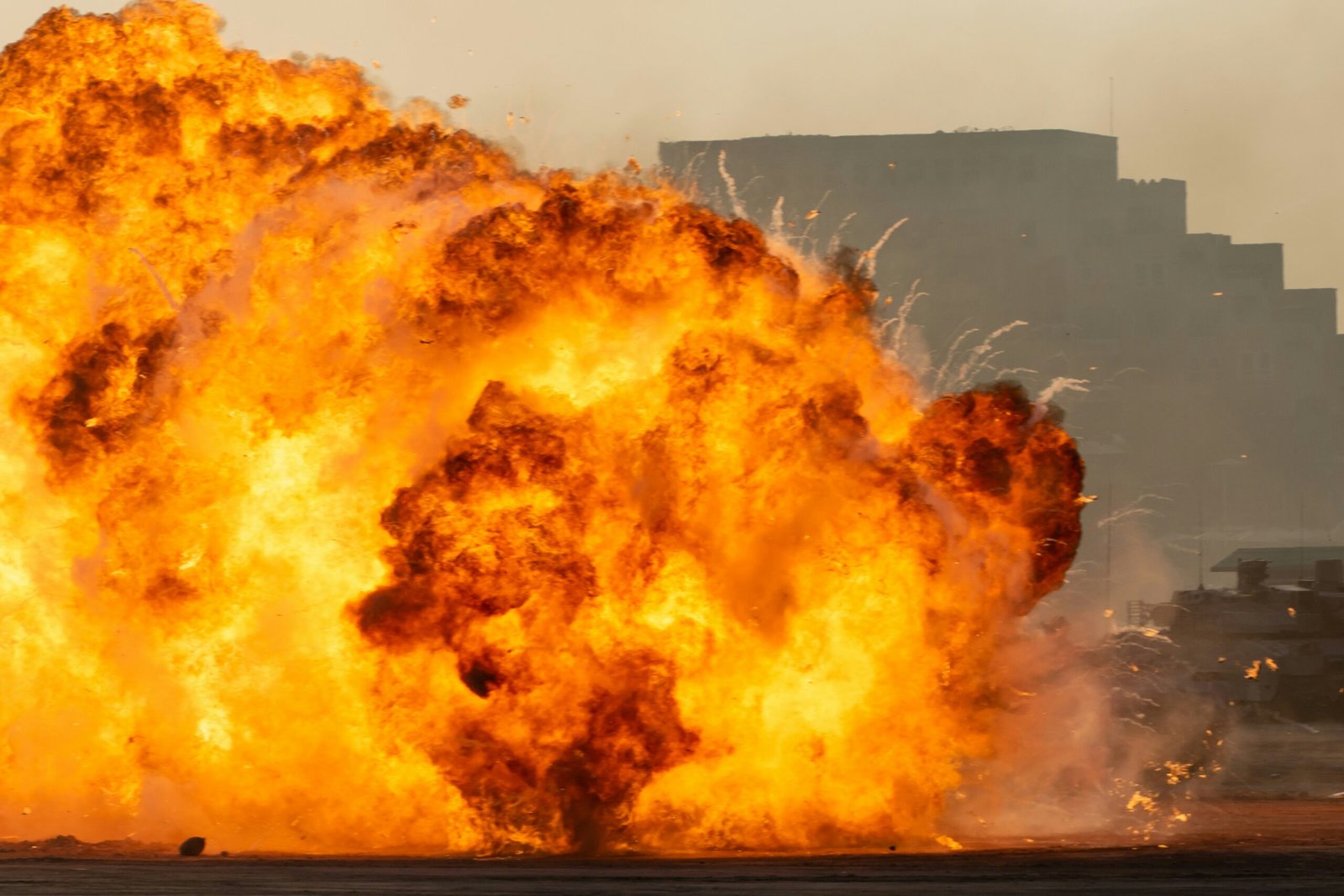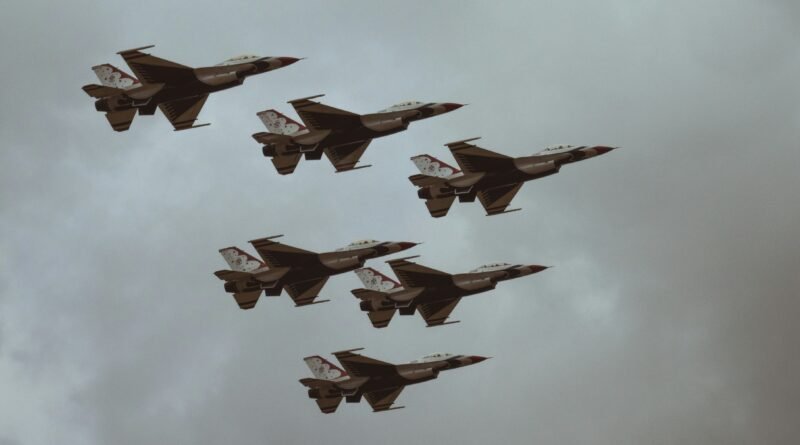Israel and Iran: Rising Tensions
The conflict between Israel and Iran has been escalating over the years, driven by political, religious, and territorial disputes. Both nations have a complex history marked by tensions, alliances, and conflicts, with their interactions impacting the broader Middle East and global politics.
The roots of the Israel-Iran conflict date back to the mid-20th century. Initially, Iran, under the Shah’s rule, recognized Israel and maintained relatively good relations. However, this changed dramatically after the 1979 Iranian Revolution, which brought the Islamic Republic to power. The new regime, led by Ayatollah Khomeini, adopted a staunchly anti-Israel stance, calling for its destruction and supporting Palestinian groups opposed to Israel.

Several factors contribute to the ongoing tension between Israel and Iran:
- Nuclear Ambitions: Iran’s nuclear program has been a major point of contention. Israel views a nuclear-armed Iran as an existential threat and has taken steps, including espionage and cyber-attacks, to hinder Iran’s nuclear progress. Iran insists its nuclear activities are for peaceful purposes, but suspicions remain. The development of nuclear weapons by Iran could potentially change the balance of power in the Middle East, leading to a nuclear arms race in the region. Israel, which is widely believed to possess nuclear weapons, sees this as a direct threat to its security.
- Proxy Wars: Both countries engage in proxy wars, supporting opposing factions in conflicts across the Middle East. Iran backs groups like Hezbollah in Lebanon and various militias in Syria and Iraq, while Israel supports anti-Iranian groups and conducts airstrikes against Iranian targets in Syria. These proxy conflicts have caused immense human suffering and instability in the region. For example, the civil war in Syria has resulted in hundreds of thousands of deaths and the displacement of millions of people, with both Iran and Israel playing significant roles in the conflict.
- Political Ideologies: Iran’s revolutionary ideology includes vehement opposition to Israel, which it considers a usurper of Palestinian lands. Conversely, Israel views Iran as a destabilizing force in the region, promoting terrorism and threatening its security. The ideological conflict is not just about territory but also about the broader influence and control in the Middle East. Iran’s support for Palestinian groups like Hamas further complicates the peace process between Israel and the Palestinians.
- Regional Dominance: Both nations vie for regional influence. Iran seeks to expand its influence through alliances and proxies, while Israel aims to counterbalance Iranian power and maintain its strategic superiority. This competition is evident in various theaters of conflict, such as Yemen, where Iran supports the Houthi rebels, and Israel is concerned about the spread of Iranian influence.
In recent years, the conflict has seen several key developments:
- Military Engagements: Israel has conducted numerous airstrikes against Iranian targets in Syria, aiming to prevent the establishment of a permanent Iranian military presence near its borders. These actions have occasionally led to direct clashes. The airstrikes are part of Israel’s “war between wars” strategy, designed to disrupt Iranian operations without triggering a full-scale war. However, each strike carries the risk of escalation.
- Assassinations and Sabotage: High-profile assassinations, such as that of Iranian General Qasem Soleimani by the U.S. and Iranian nuclear scientist Mohsen Fakhrizadeh, are part of the covert war between Israel and Iran. Additionally, cyber-attacks targeting critical infrastructure in both countries highlight the technological dimension of their conflict. These operations are intended to delay Iran’s nuclear and military advancements, but they also provoke retaliatory actions and further inflame tensions.
- Diplomatic Maneuvers: Efforts to diplomatically isolate Iran, such as the U.S. withdrawal from the Iran nuclear deal (JCPOA) under President Trump and subsequent re-imposition of sanctions, have further strained relations. Meanwhile, Israel has strengthened ties with Gulf Arab states, partly to counter Iranian influence. The Abraham Accords, which normalized relations between Israel and several Arab states, represent a significant shift in regional alliances, largely driven by mutual concerns over Iran’s ambitions.
The Israel-Iran conflict has drawn in various international actors:
- United States: The U.S. is a key ally of Israel and has supported its efforts to curb Iranian influence. American military presence in the region and economic sanctions against Iran are part of this strategy. The U.S. provides Israel with substantial military aid and diplomatic support, reinforcing Israel’s security posture. At the same time, the U.S. seeks to prevent Iran from becoming a nuclear power, using sanctions and diplomatic pressure to limit its capabilities.
- Russia: Russia maintains a complex relationship with both Israel and Iran. While it supports the Assad regime in Syria alongside Iran, it also coordinates with Israel to avoid direct confrontations. Russia’s balancing act reflects its broader regional ambitions. By maintaining relationships with both countries, Russia aims to enhance its influence and leverage in Middle Eastern affairs.
- European Union: The EU generally advocates for diplomatic solutions and has been involved in efforts to revive the JCPOA. European countries are wary of escalating tensions and the potential for conflict to disrupt regional stability and global energy supplies. The EU’s approach is focused on dialogue and negotiation, seeking to bring both Israel and Iran to the table to resolve their differences peacefully.

The Israel-Iran conflict has significant implications for the Middle East:
- Humanitarian Crisis: Proxy wars and military engagements exacerbate humanitarian crises in countries like Syria and Yemen, leading to civilian casualties, displacement, and suffering. The ongoing violence disrupts lives and communities, creating long-term challenges for recovery and stability. Humanitarian organizations face immense difficulties in delivering aid to affected populations due to the security situation.
- Economic Strain: Sanctions, military expenditures, and instability hinder economic development in the region. Countries are forced to allocate substantial resources to defense and security, impacting social and economic programs. The economic impact is felt not only in Israel and Iran but also in neighboring countries, which suffer from reduced trade and investment opportunities.
- Sectarian Tensions: The conflict often exacerbates sectarian divides, particularly between Sunni and Shia Muslims. Iran’s support for Shia groups and Israel’s alliances with Sunni-majority states contribute to these tensions. Sectarianism fuels further violence and mistrust, complicating efforts to achieve regional harmony and cooperation.
The future of the Israel-Iran conflict is uncertain, but several scenarios are possible:
- Escalation: Continued provocations and military engagements could lead to a broader conflict, drawing in more regional and international actors. A major war would have devastating consequences for the region, potentially drawing in global powers and causing widespread destruction.
- Diplomatic Resolution: Renewed diplomatic efforts, including negotiations to address nuclear concerns and regional security, could de-escalate tensions. This would require significant compromises from both sides and their allies. Successful diplomacy could lead to a framework for peaceful coexistence and cooperation, benefiting all parties involved.
- Status Quo: The conflict may continue at its current level, characterized by proxy wars, cyber-attacks, and occasional direct confrontations. This scenario maintains regional instability but avoids full-scale war. While not ideal, this outcome might be the most realistic in the short term, given the deep-seated animosities and strategic interests.
The escalating conflict between Israel and Iran is a complex and multifaceted issue with deep historical roots and significant regional implications. Addressing this conflict requires a nuanced understanding of the political, ideological, and strategic factors at play. While the path to peace is fraught with challenges, sustained diplomatic efforts and international cooperation offer the best hope for a more stable and secure Middle East.
By keeping a close watch on the developments and understanding the underlying causes, stakeholders can better navigate the complexities of this enduring conflict and work towards lasting solutions. Efforts to promote dialogue, reduce tensions, and address the legitimate security concerns of both Israel and Iran are essential for achieving a peaceful resolution. The international community must play a proactive role in facilitating these efforts, supporting initiatives that foster mutual understanding and cooperation. Explore more esports insights on our esports blog.




